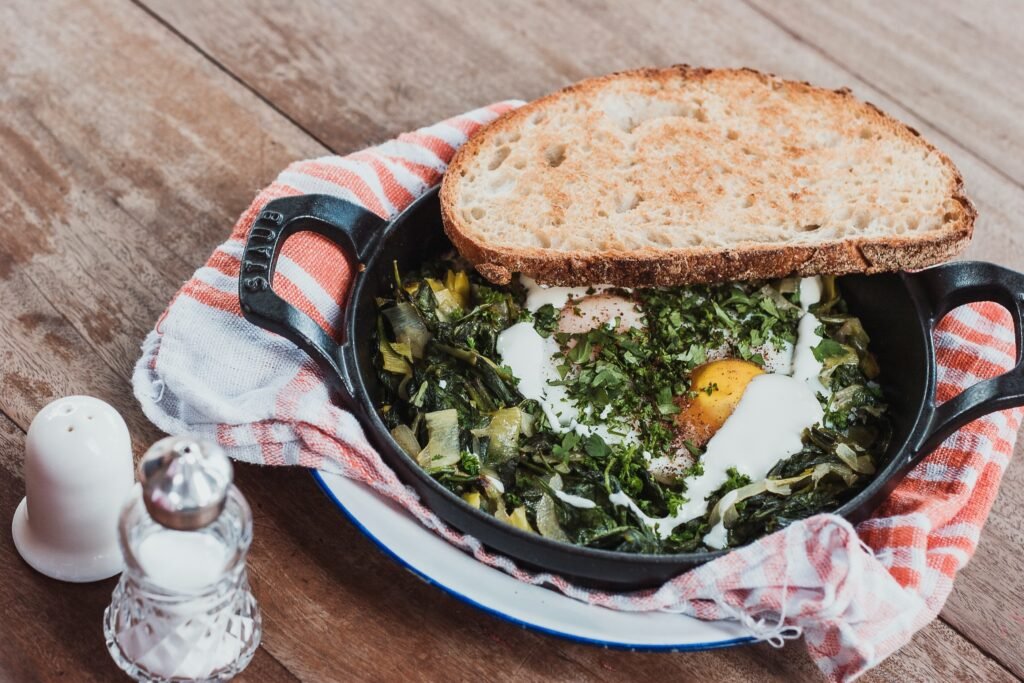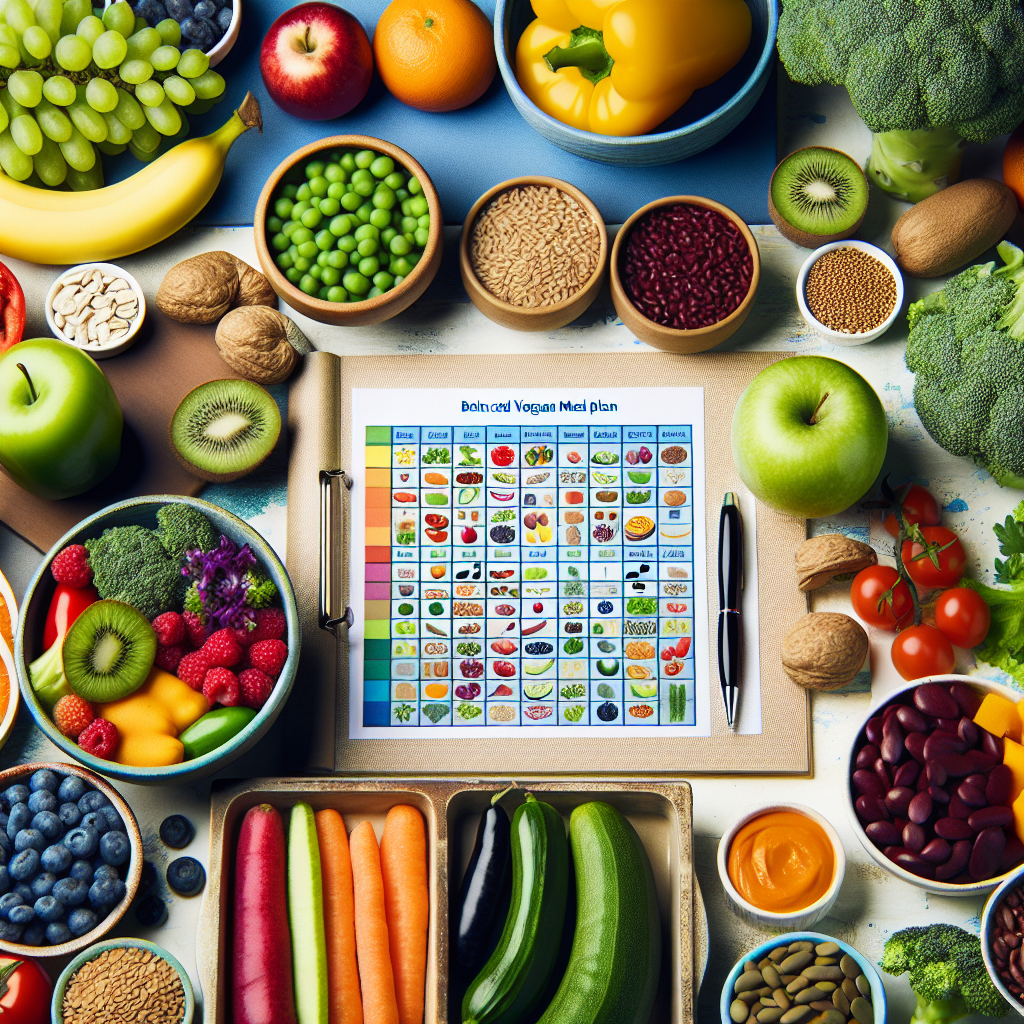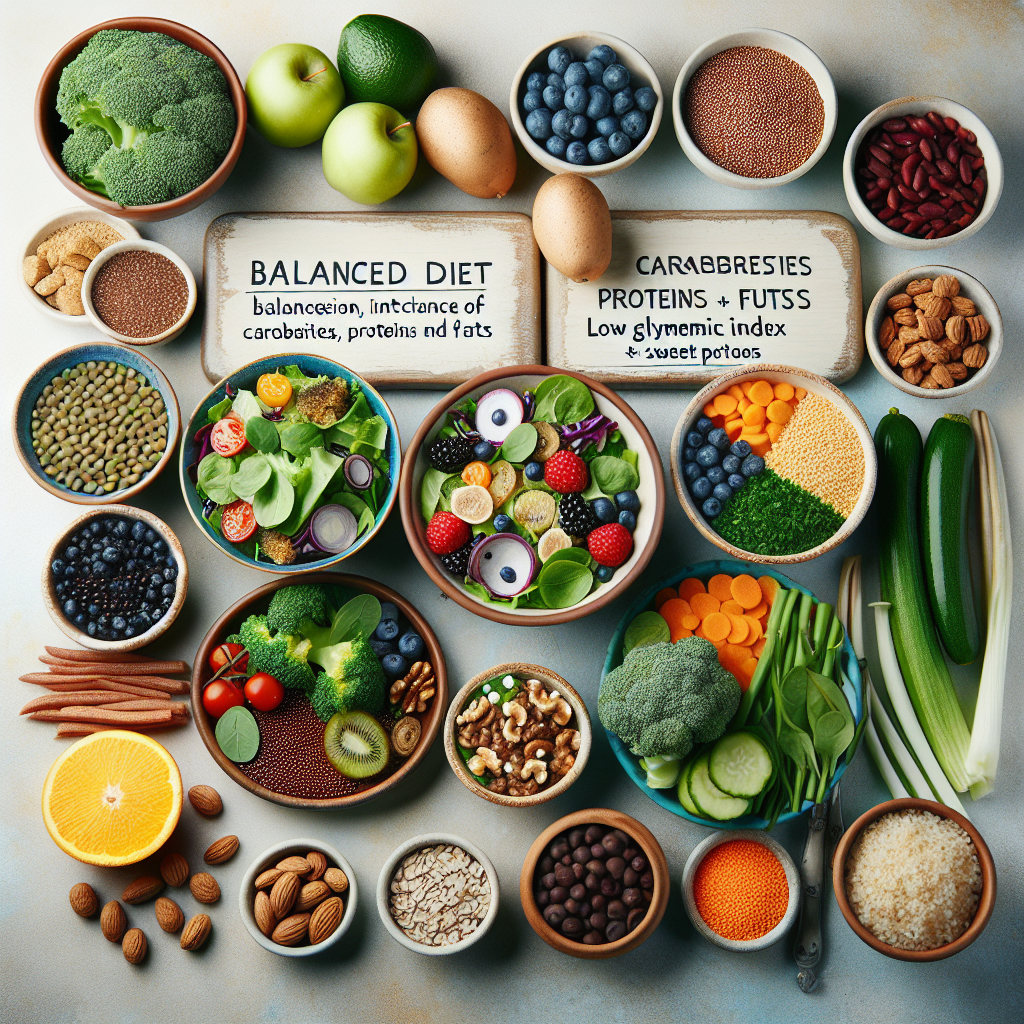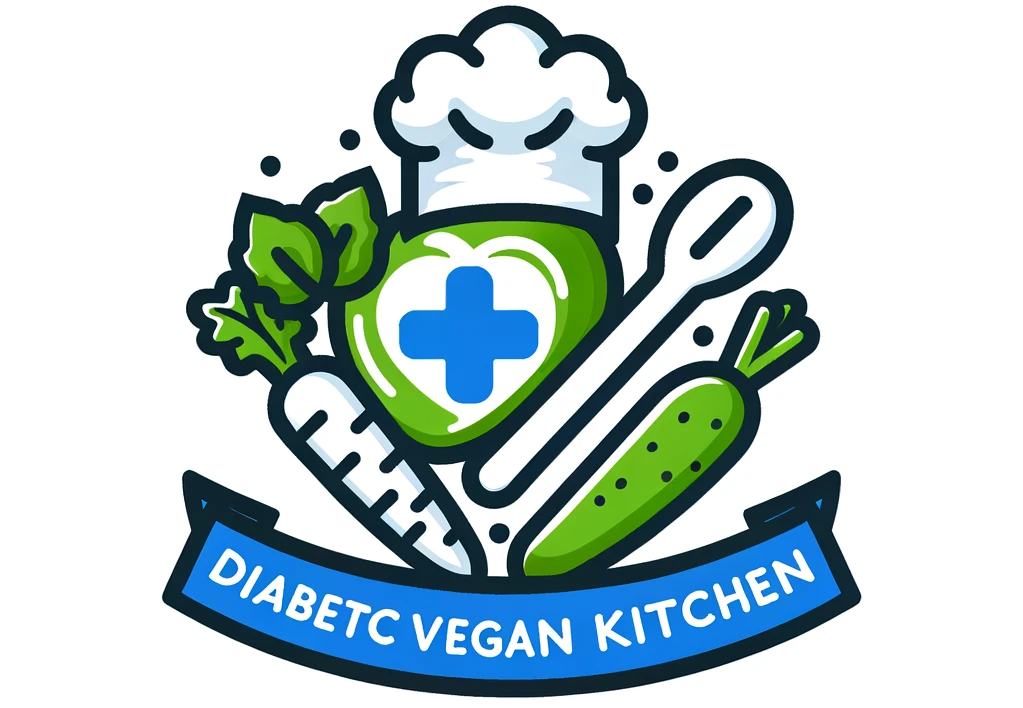If you’re looking to embrace a vegan lifestyle but also have diabetes, you may be wondering how to create a meal plan that meets your dietary needs. Balancing the nutritional requirements of a plant-based diet with the management of blood sugar levels can seem like a daunting task, but fear not! This article will guide you through the process of making a vegan meal plan specifically tailored for diabetics, ensuring that you can enjoy delicious, nourishing meals while keeping your health in check.
Benefits of a Vegan Diet for Diabetics
Reduced Risk of Heart Disease
Switching to a vegan diet can have a significant impact on reducing the risk of heart disease, which is a common concern for individuals with diabetes. A vegan diet is naturally low in saturated fat and cholesterol, both of which can contribute to heart disease. By eliminating animal products from your diet and opting for plant-based alternatives, you can help lower your blood cholesterol levels and improve your cardiovascular health.
Better Blood Sugar Control
One of the key benefits of a vegan diet for diabetics is better blood sugar control. Plant-based foods, such as fruits, vegetables, whole grains, and legumes, are rich in fiber and complex carbohydrates. These nutrients are digested more slowly than refined carbohydrates, helping to stabilize blood sugar levels and prevent sudden spikes and crashes. By following a vegan diet, you can have more control over your blood sugar levels and reduce your reliance on medications.
Weight Management
Maintaining a healthy weight is crucial for individuals with diabetes, as excess weight can worsen insulin resistance and increase the risk of complications. A vegan diet can be an effective tool for weight management due to its emphasis on whole, plant-based foods that are naturally low in calories and high in fiber. By filling your plate with nutrient-dense fruits, vegetables, and grains, you can feel satisfied while consuming fewer calories. Additionally, a vegan diet can increase your metabolism and promote fat loss, making it easier to reach and maintain a healthy weight.

Understanding Veganism
What is a Vegan Diet?
A vegan diet is a plant-based eating pattern that excludes all animal products, including meat, fish, dairy, eggs, and honey. Instead, it focuses on consuming a variety of vegetables, fruits, whole grains, legumes, nuts, and seeds. The primary principle behind veganism is to minimize harm to animals and prioritize ethical and environmental considerations. By adopting a vegan lifestyle, individuals can make a positive impact on their health, animal welfare, and the planet.
Key Nutrients in a Vegan Diet
While a vegan diet can provide numerous health benefits, it’s important to ensure adequate intake of key nutrients. Some essential nutrients that may require special attention in a vegan diet include vitamin B12, iron, calcium, omega-3 fatty acids, and protein. These nutrients can be obtained from plant-based sources or through fortified foods and supplements. It is recommended to consult with a registered dietitian or healthcare professional to ensure you are meeting your nutritional needs while following a vegan diet.

Creating a Balanced Vegan Meal Plan
Determining Calorie Needs
To create a balanced vegan meal plan, it’s important to determine your daily calorie needs. This can be calculated based on factors such as age, gender, weight, height, activity level, and diabetes management goals. Consulting with a registered dietitian can help you determine the right calorie range for your specific needs and optimize your meal plan accordingly.
Setting Macronutrient Goals
In addition to calorie needs, it’s also important to set macronutrient goals for your vegan meal plan. Macronutrients include carbohydrates, proteins, and fats, and achieving the right balance is crucial for overall health and diabetes management. Generally, a vegan diet should consist of approximately 45-65% of calories from carbohydrates, 10-35% from protein, and 20-35% from fats. Adjusting these ratios based on personal preferences and diabetes management goals can help optimize your meal plan.
Choosing Low Glycemic Index Foods
When planning meals for diabetics, it’s beneficial to choose foods with a low glycemic index (GI). Foods with a low GI are digested and absorbed more slowly, resulting in a gradual rise in blood sugar levels. This can help maintain stable blood sugar levels and prevent sudden spikes. Opt for whole grains, legumes, non-starchy vegetables, and fruits with a low GI to support blood sugar control in your vegan meal plan.

Building Blocks of a Vegan Meal
Protein Sources
Contrary to popular belief, protein can be adequately obtained from plant-based sources in a vegan diet. Legumes such as lentils, chickpeas, and black beans are excellent sources of protein, as are soy products like tofu and tempeh. Other plant-based protein sources include quinoa, hemp seeds, chia seeds, and nuts. By incorporating a variety of these protein-rich foods into your meals, you can ensure you’re meeting your protein needs as a vegan with diabetes.
Healthy Fats
While it’s important to moderate fat intake, including healthy fats in your vegan meal plan is essential for overall health. Plant-based sources of healthy fats include avocados, olives, nuts, seeds, and plant-based oils like olive oil or coconut oil. These fats provide essential fatty acids, such as omega-3 and omega-6, which are beneficial for heart health and inflammation management. Be mindful of portion sizes and choose unsaturated fats over saturated or trans fats.
Complex Carbohydrates
Complex carbohydrates are a fundamental component of a balanced vegan meal plan for diabetics. These carbs are rich in fiber, vitamins, and minerals and have a gentle impact on blood sugar levels. Include whole grains like brown rice, quinoa, and oats, as well as starchy vegetables like sweet potatoes and butternut squash. These complex carbs provide sustained energy and essential nutrients, keeping you full and satisfied throughout the day.

Sample Vegan Meal Plan for Diabetics
Breakfast Options
- Overnight oats topped with berries, nuts, and a drizzle of almond butter
- Tofu scramble with veggies and whole grain toast
- Chia pudding with mixed fruits and a sprinkle of flaxseeds
Lunch Ideas
- Quinoa salad with mixed vegetables, chickpeas, and a lemon-tahini dressing
- Lentil soup served with a side of mixed greens and whole grain bread
- Veggie wrap filled with hummus, avocado, and a variety of fresh veggies
Dinner Recipes
- Stuffed bell peppers with quinoa, black beans, and corn
- Vegan chili with kidney beans, tomatoes, and a blend of spices
- Roasted vegetables with tofu, served over a bed of brown rice or quinoa
Snack Suggestions
- Fresh fruit with a handful of nuts or seeds
- Carrot sticks with hummus or guacamole
- Whole grain crackers with almond butter or vegan cheese

Managing Blood Sugar Levels
Regular Monitoring
Monitoring your blood sugar levels regularly is crucial for effective diabetes management. This allows you to track how different foods and lifestyle choices impact your blood sugar levels and make necessary adjustments. Collaborate with your healthcare team to establish a monitoring schedule and target ranges for optimal blood sugar control.
Physical Activity
Engaging in regular physical activity is an important component of managing blood sugar levels. Incorporate a combination of aerobic exercises, such as walking or cycling, and strength training exercises to improve insulin sensitivity and reduce blood sugar levels. Aim for at least 150 minutes of moderate-intensity exercise per week, or as recommended by your healthcare provider.
Stress Management
Stress can have a detrimental impact on blood sugar levels, making stress management an essential part of diabetes care. Practice stress-reducing techniques such as meditation, deep breathing exercises, yoga, or engaging in hobbies or activities that bring you joy. Prioritizing self-care and finding healthy ways to cope with stress can help maintain stable blood sugar levels.
In conclusion, adopting a vegan diet can provide a range of benefits for individuals with diabetes. From reducing the risk of heart disease to achieving better blood sugar control and managing weight effectively, a plant-based approach offers a wealth of advantages. By understanding the principles of veganism, creating a well-balanced meal plan, and incorporating key nutrients into your diet, you can enjoy the advantages of a vegan lifestyle while managing your diabetes effectively. Remember to consult with a healthcare professional or registered dietitian to personalize your meal plan and ensure you are meeting your individual nutritional needs. With regular monitoring, physical activity, and stress management, you can take control of your blood sugar levels and enhance your overall well-being.

